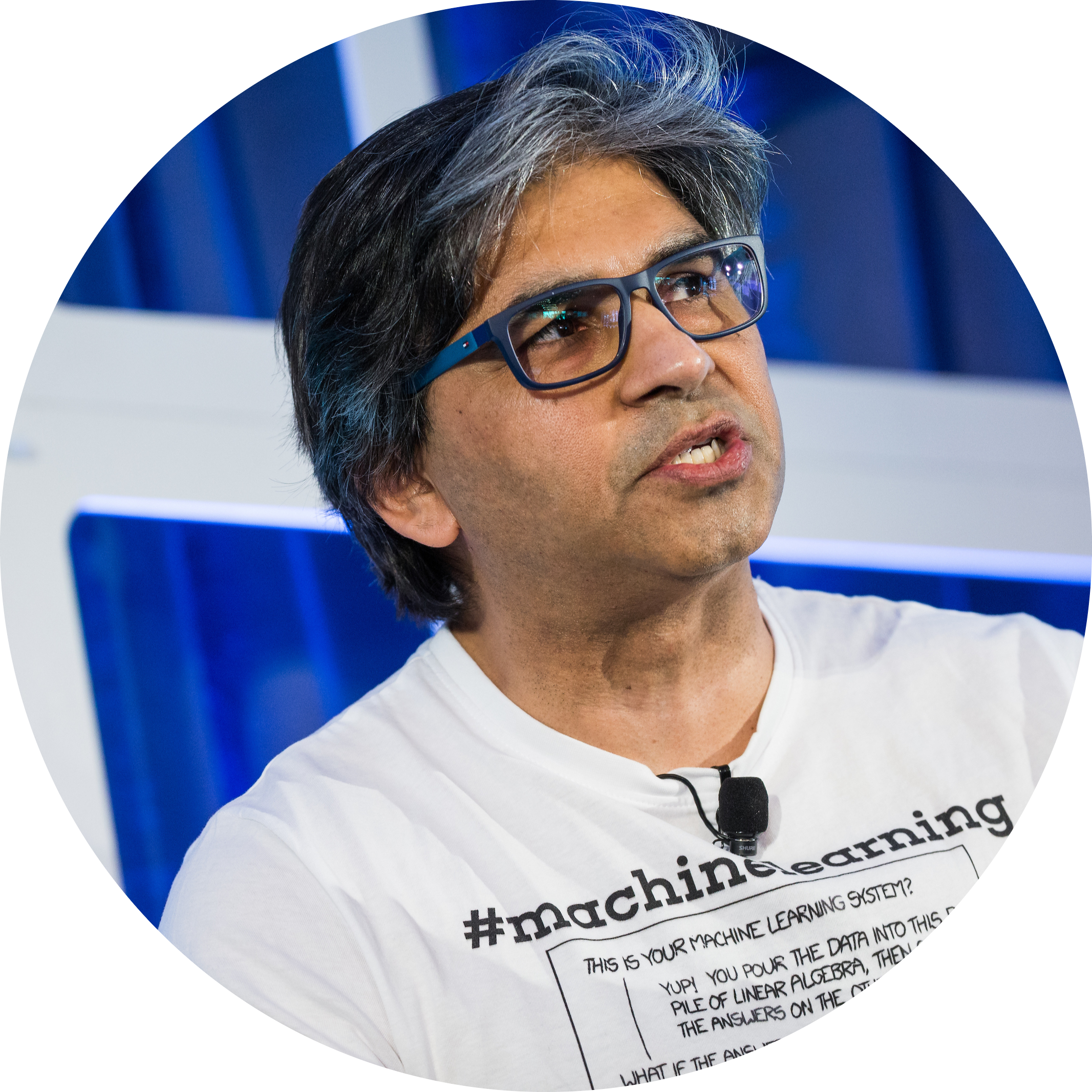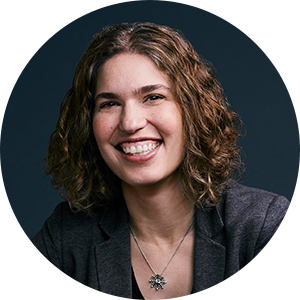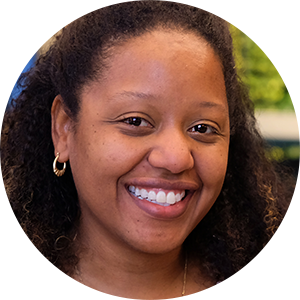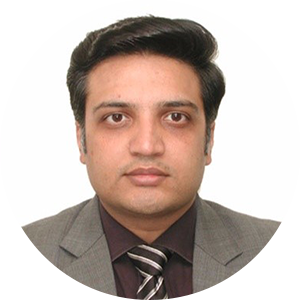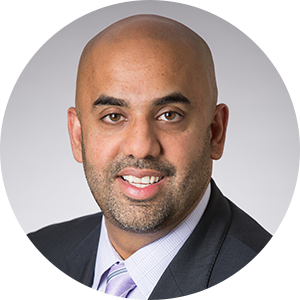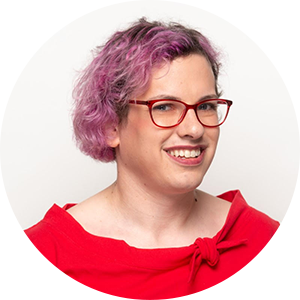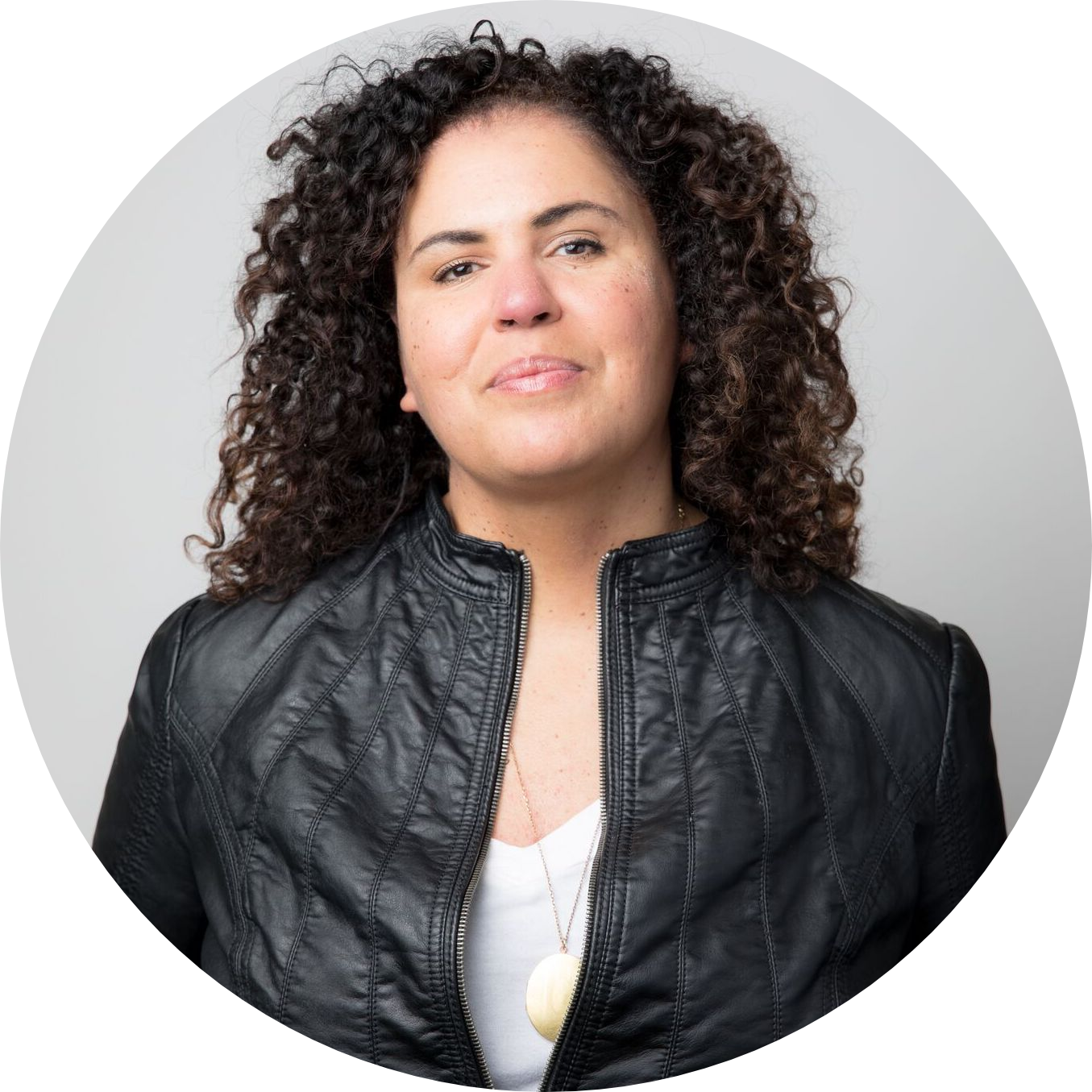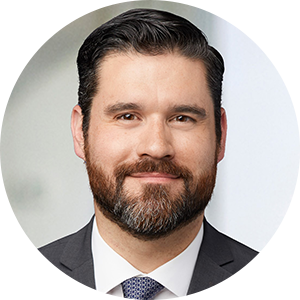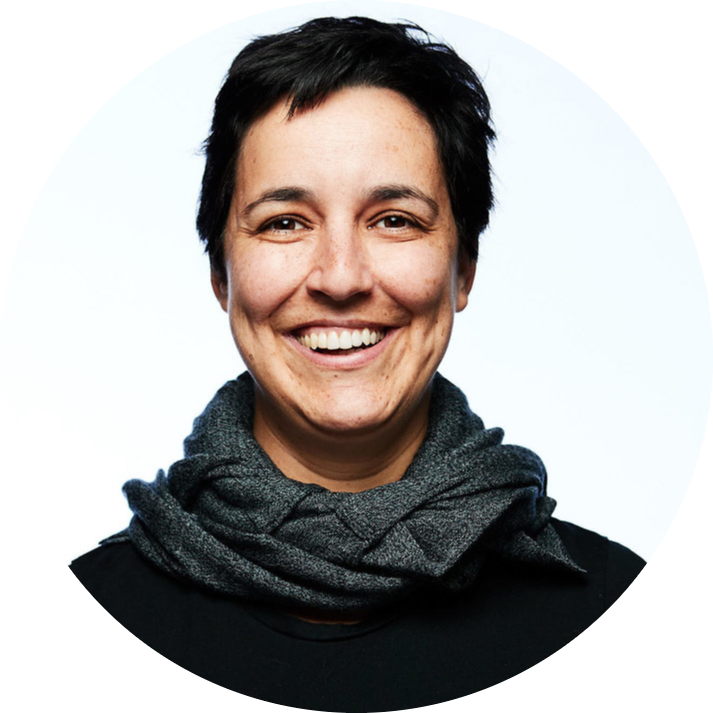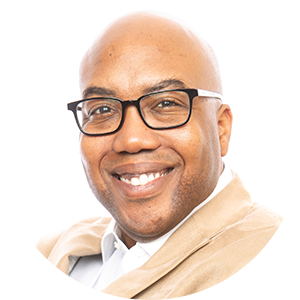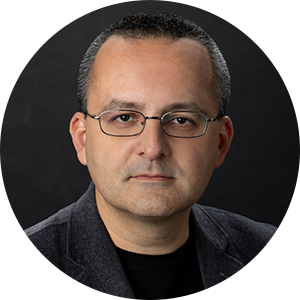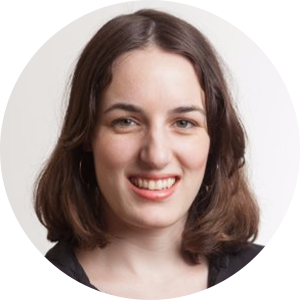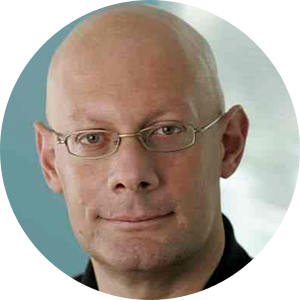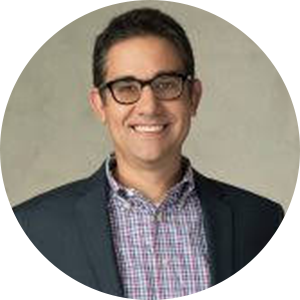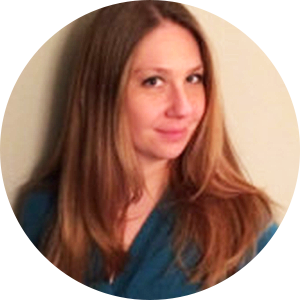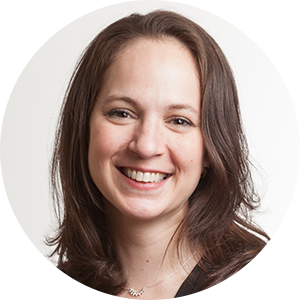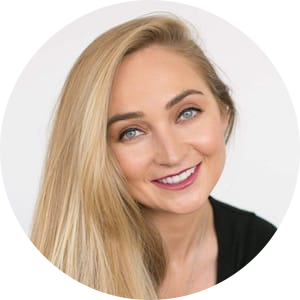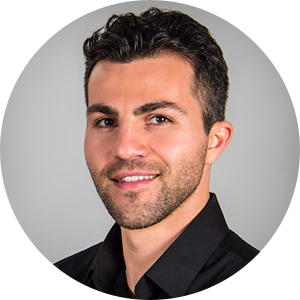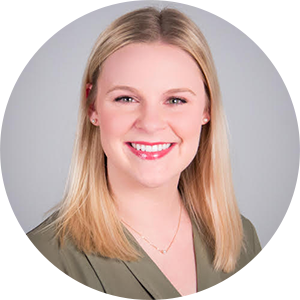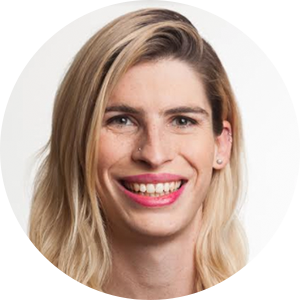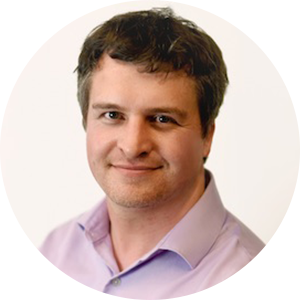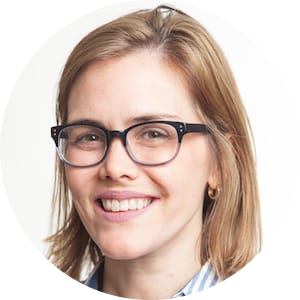Conference Talk Recording:
Licensed to Analyze? Who Can Claim to be a Data Scientist?
Usama Fayyad Ph.D., Chairman, Open Insights
Watch on Youtube Metis Data Science Training channel:
Licensed to Analyze? Who Can Claim to be a Data Scientist? | Usama Fayyad Ph.D. | #DemystifyDS 2019
Watch Link 2.
Download the video: link.
Answered questions at broadcast:
Question: How do you draw the line between Data Analyst or Data Scientist? For example, my title is Data Analyst but I built our Data Warehouse pipeline and build models and insights. Does that put me more in the Data Scientist or Data Analyst category?
Answer: Exactly. I mean so great question, number one. Number two, this is basically the core of the dilemma, right? So where is it that you know, I draw my own line. I have my box, right? So a data scientist, I expect them to have a good degree of programming. I expect them to know statistics. I expect them to meet certain bars that I have, but who says that my bars should be the right bars? And that’s what we’re trying to get to is what are the right bars? What do companies need and how do we call these people with the right titles?
So for example, because data scientist is such a highly paid and highly coveted position, lots of people are claiming to be data scientists, probably competing with Fiona. Most of them probably aren’t qualified and they wouldn’t even know a data warehouse if it hit them in the face. They wouldn’t understand how to like query it. They don’t how to do storytelling with analytics.
So this is why we need to kind of solve the problem, but excellent question because it really hits on the topic.
Question: Yeah, yeah. So I’m going to throw another wrench in your discussion, just for the sake of sort of strong manning things. There are many fields where sort of expertise in the specific topic is as important or more important than things that are sort of standard like statistics. And I will give you an example from my own background.
I’m trained as a biochemist, so as a traditional bench lab scientist and the data science and machine learning jobs that I’ve had, I could not have done those jobs without that training. So it’s actually probably more important.
So how do you propose that we would evaluate people where domain expertise is paramount?
Answer: Yeah. Look, I mean domain expertise is a must in almost any real tasks that you do kind of outside research or even in some cases in research, if you’re doing research on a certain field.
But here’s what I would say. The core skills for doing data science are applicable in many areas and many domains. The way I try to think of this, is this is very much like engineering. If you understand the principles of design, principles of problem solving, the principles of how to represent the problem abstractly, you can apply it to many domains and many areas from manufacturing to transportation to construction to whatever.
Now, the trick here is (a) how do you work with the right experts because you can never get, I mean of course the best combination is an expert like you in a certain area who actually picks up the data science skills. That is very rare and very difficult.
It’s much easier to find somebody who really, really knows how to do the data science that are machine learning expert or they know their statistics inside out. They can program, they can dive into data and grab stuff who are working very, very closely with deep domain experts.
And this was kind of my lucky, at least exposure when I first graduated with my PhD in AI and machine learning from the University of Michigan. My first job was with NASA jet propulsion lab, which is a Caltech lab.
So I ended up hooking up with many scientists, real scientists in astronomy, planetary geology, atmospherics, many of these areas who really, really knew the domain inside out. But I could bring a new perspective and we could solve problems that the scientists struggled with for 30, 40, 50 years without being able to solve them because they didn’t know what’s possible with machine learning and algorithmic approaches to analysis.
So I think it’s the fusion of both. How do you, you got to find ways to know how to talk to domain experts and you got to know how to collaborate with them and figure out how to make your tools and your knowledge useful.
About the Conference:

A FREE Live Online Conference for Aspiring Data Scientists, Data-Focused Business Leaders and Practitioners
July 30 – July 31, 2019
SPEAKERS
Interactive Talk Presenters
-
KEYNOTE Tarry Singh
Co-founder, CEO and AI Neuroscience Researcher
deepkapha.ai
-
KEYNOTE Hilary Mason
General Manager of Machine Learning
Cloudera
-
Natalie Evans Harris
Co-Founder and Head of Strategic Initiatives
BrightHive, Inc
-
Kunal Jain
Founder & CEO
Analytics Vidhya
-
Atif Kureishy
VP – Global Emerging Practices | AI & Deep Learning
Teradata
-
Jacqueline Nolis
Principal Data Scientist
Nolis, LLC
-
Safiya Noble, Ph.D.
Associate Professor
UCLA
-
Tom Schenk Jr.
Director of Analytics
KPMG
-
Gabriela de Queiroz
Sr Developer Advocate/Sr. Engineering & Data Science Manager
IBM
-
Adrian Cartier, Ph.D.
Director of Data Science
Bayer
-
Alberto Cairo
Knight Chair in Visual Journalism
University of Miami
-
Emily Robinson
Data Scientist
DataCamp
-
Kate Strachnyi
Data Visualization Specialist
Story by Data
-
Usama Fayyad, Ph.D.
Chairman
Open Insights
-
Peter Guerra
North American Chief Data Scientist
Accenture
-
Aubrey HB
Director of Advanced Analytics
Nationwide Building Society
-
HOST Bryan Bumgardner
Senior Data Scientist
Digitas
-
HOST Michelle Gill
Senior Applied AI Researcher and Developer Relations, Healthcare
NVIDIA
Workshop Instructors
-
Kerstin Frailey
Senior Data Scientist and Head of Corporate Training Executive Programs
Metis
-
Jonathan Balaban
Senior Data Scientist, Bootcamp
Metis
-
Ashley Purdy
Career Advisor
Metis
-
Sophie Searcy
Director of Bootcamp Curriculum
Metis
-
Damien Martin
Data Science Instructor
Metis
-
Kimberly Fessel
Senior Data Scientist, Bootcamp
Metis
SCHEDULE OVERVIEW
(All times in EST)
Day 1: July 30
For Aspiring
Data Scientists
Day 2: July 31
For Business Leaders,
Managers & Practitioners
30-Minute Talks
-
-
10:00am
KEYNOTE From Aspiring to Full-fledged Data Science Professional
TARRY SINGH
-
10:30am
Qualities of an Exceptional Data Science Team
KATE STRACHNYI
-
11:00am
Structured Thinking and Communications for Data Scientists
KUNAL JAIN
-
11:30am
How Charts Lie — Getting Smarter About Data Visualization
ALBERTO CAIRO
-
12:00pm
Deep Learning for All
GABRIELA DE QUEIROZ
-
12:30pm
Joining the Data Science Community
EMILY ROBINSON
-
1:00pm
Tech Won’t Save Us: Reimagining Digital Information for the Public
SAFIYA NOBLE, PH.D.
-
1:30pm
You’re Not Paid to Model
JACQUELINE NOLIS
-
Beginner & Intermediate Workshops
-
BEGINNER2:30pm to 4:00pm
Introduction to Python
INSTRUCTOR:
Kimberly Fessel
BEGINNER4:00pm to 5:00pmProTips: How to Get Hired as a Data Scientist
INSTRUCTOR:
Ashley Purdy
INTERMEDIATE2:30pm to 5:00pmIntroduction to Pandas

